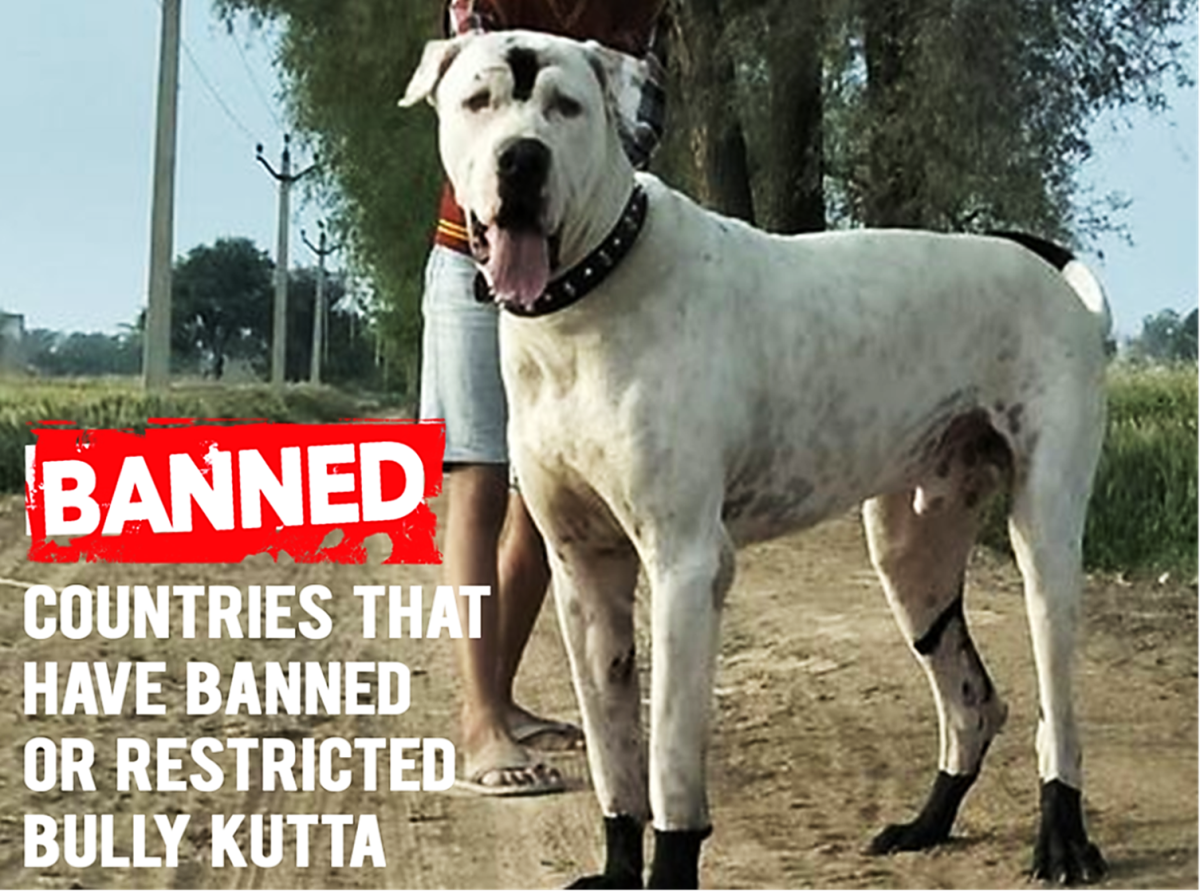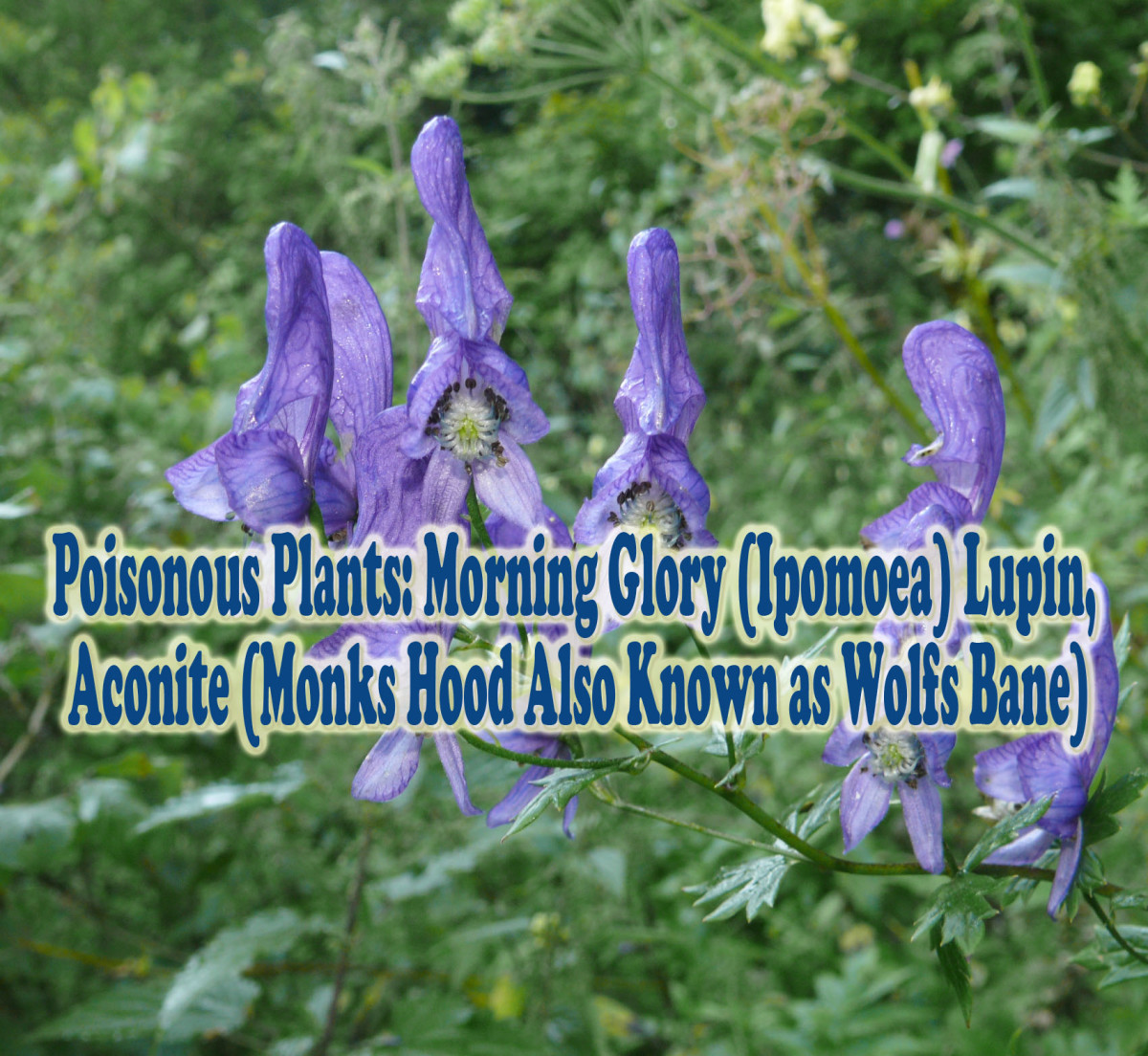12 Dangerous Supplements that Can Be Harmful
Not all vitamins and supplements are bad. There are good ones and then there are bad ones. Some doctors are recommending taking certain vitamins and supplements. For example, some good ones to take are vitamin D, omega-3, magnesium, a quality probiotic, and others.
However, then there are some downright dangerous and unsafe supplements out there. Just because a supplement is an herb, is natural, or does not require a prescription, does not mean that it is safe to take. Some of the supplements listed below are so dangerous that the FDA has consumer advisory warnings against them. Some of them have reports of unfortunate incidents by consumers.
Supplements are classified as food in the United States. Therefore, they are not regulated as pharmacological drugs. We have to do our own research to learn which ones are good and which ones are bad. Learn how to research supplements.
12 Supplements to Avoid
The following 12 dangerous supplements are not listed in any particular order. And they are not all inclusive. There are certainly many other dangerous supplements that are not listed here.
These 12 supplements were the one that was highlighted by Consumer Reports in 2010 as supplements that you should avoid.
Under normal circumstances, everyone should avoid the use of these 12 supplements or products containing such ingredients. But children, elderly, pregnant or breast feeding women should especially avoid.
What if your doctor had recommended some of them? You have to decide for yourself and consult with your physician. Perhaps, it is a lesser evil alternative to even more dangerous pharmaceuticals. It may be that for certain conditions, it may be appropriate for a short time at the correct dosage while being monitored and tested for toxicity under a qualified practitioner. But be careful.
Aconite
Don't let the fact that aconite is from a plant fool you. Just because it is a herb and is "natural", does not mean that it is safe. It contains highly toxic alkaloids.
Just head over to botanical.com. There you have it. In bold red font, it says "POISON!" -- and in all caps too. It describes poisoning symptoms as ...
"... tingling and numbness of tongue and mouth and a sensation of ants crawling over the body, nausea and vomiting with epigastric pain, laboured breathing, pulse irregular and weak, skin cold and clammy, features bloodless, giddiness, staggering, mind remains clear."
Fortunately, the mind remains clear. Hopefully, clear enough to remember to use stomach tube or emetic at once -- according to botanical.com article.
Colloidal Silver
If you overdose on colloidal sliver, your skin will turn blue in a condition known as argyria. This discoloration is permanent even after you stop using it. See why in article in HowStuffWorks.com which also mentions that ...
"The Food and Drug Administration (FDA) doesn't approve of colloidal silver as a medical treatment."
In fact, the FDA does not even approve of the use of Colloidal Silver in treating animals. So why are humans using it?
Although some forms are safer than others, I would avoid it.
Comfrey
Oral comfrey has been banned in the United States, Canada, UK, Australia, and Germany because it contains pyrrolizidine alkaloids which is toxic to the liver and can cause death. [reference]
Wikipedia says that ...
"Comfrey contains excessive doses of symphytine, one of the PAs in comfrey, may cause cancer in rats. This was shown by injection of the pure alkaloid. The whole plant has also been shown to induce precancerous changes in rats"
However, skin ointment containing comfrey may still be found. Avoid using, especially on skin with open wounds. What you do not want is for the comfrey to get to the bloodstream, which it can still possibly do as an ointment.
Because Comfrey contains pyrrolizidine alkaloids, it is a potential hepatotoxin -- meaning toxic to the liver.
Even in gel form, comfrey can be absorbed through the skin and can even lead to cancer.
Livestrong.com writes ...
"the toxins in comfrey that can be absorbed through your skin can also affect your body's other tissues. ... there's some evidence that these toxins may cause cell mutations that can lead to cancer..."
Comfrey is banned in Canada.
Germanium
Germanium is a chemical element in the period table with the symbol Ge and atomic number 32. (It is right next to arsenic in the periodic table, by the way).
WebMD writes ...
"Germanium is UNSAFE. There have been more than 30 reports of kidney failure and death linked with use of germanium. It builds up in the body and can damage vital organs such as the kidneys. ... Don’t use it."
Chaparral
FDA released warning against chaparral in December 1992, which includes the statement by then FDA Commissioner David A. Kessler, M.D which says ...
"The public should not purchase or consume chaparral"
That was over 20 years ago. Why are we still even talking about chaparral now?
Chaparral can cause liver and kidney damage.
Canada warns, "not to ingest the herb chaparral in the form of loose leaves, teas, capsules or bulk herbal products" [reference]
Kava
Also known as kava-kava, this supplement have been known to be banned in the past by countries such as Germany, Canada, Switzerland, and others. Why it isn't banned in the U.S., I don't know. Although the FDA has a consumer advisory about kava-containing supplements may be associated with liver toxicity.
Coltsfoot
Also known as tussilago farfara, coltsfoot contains toxic pyrrolizidine alkaloid -- unless it is certified and labeled as hepatotoxic PA-free.
Pyrrolizidine Alkaloid (PA) is yet another substance that can damage the liver.
WebMd writes ...
"Coltsfoot is considered UNSAFE for anyone"
Definitely, do not use if pregnant or breast feeding. There have been a case where an infant died due to liver disease because the mother drank coltsfoot tea during pregnancy.
Coltsfoot is banned in both Germany and Canada and possibly other countries now.
Country Mallow
The dangers of Country Mallow includes includes heart attack, arrhythmia, and stroke. This is because it contains ephedrine, which acts like an amphetamine. In 2004, the FDA had banned products containing ephedrine, which includes country mallow, ephedra, and others. [reference]
If you ever see Country Mallow, do not even consider buying it. It is illegal in the United States.
Bitter Orange
Also known as citrus aurantium, bitter orange is sometimes used in weight loss products as an alternative to ephedra (which as mentioned was banned).
Bitter Orange contains synephrine and octopamine. Similar to ephedrine in ephedra, these chemicals may cause high blood pressure and heart arrhythmias. In severe cases, it can lead to heart attack or stroke. [reference Medpedia]
Using such supplements are not the proper way for weight loss.
Yohimbe
Sometimes used for erectile dysfunction, Yohimbe contains the prescription drug yohimbine. Therefore, it should only be taken under medical supervision. It has so many potentially dangerous drug interactions that it is too many to list here. Needless to say, it is contra-indicated for pregnant and breast-feeding women. But why they need to use it? Well, it has also been known to be used as an aphrodisiac.
The National Institute of Health (NIH) writes that ...
"Yohimbe has been associated with high blood pressure, increased heart rate, headache, anxiety, dizziness, nausea, vomiting, tremors, and sleeplessness. Yohimbe can be dangerous if taken in large doses or for long periods of time."
Lobelia
Sometimes used to aid smoking cessation, lobelia has quite a poor benefits to risk ratio. Drugs.com say that it has ...
- "Little or no evidence of efficacy"
- "Moderate to serious danger"
- and that "The therapeutic dose of lobeline is very close to the toxic dose."
So why bother?
Side effects include inducing nausea, vomiting, and dizziness. Avoid use during pregnancy because of adverse effects such loss of uterine tone.
Chelidonium
Also known as Greater Celandine, Chelidonium is toxic because it contains various isoquinoline alkaloids.
NYU Langone Medical Center writes that ...
"Numerous case reports indicate that use of celandine can lead to severe, potentially fatal liver injury."
Note:
Article dated March 2013 and is opinion at the time of writing. Author is not a medical professional and this is not medical advice.
You may also be interested in what supplement fillers to avoid.








